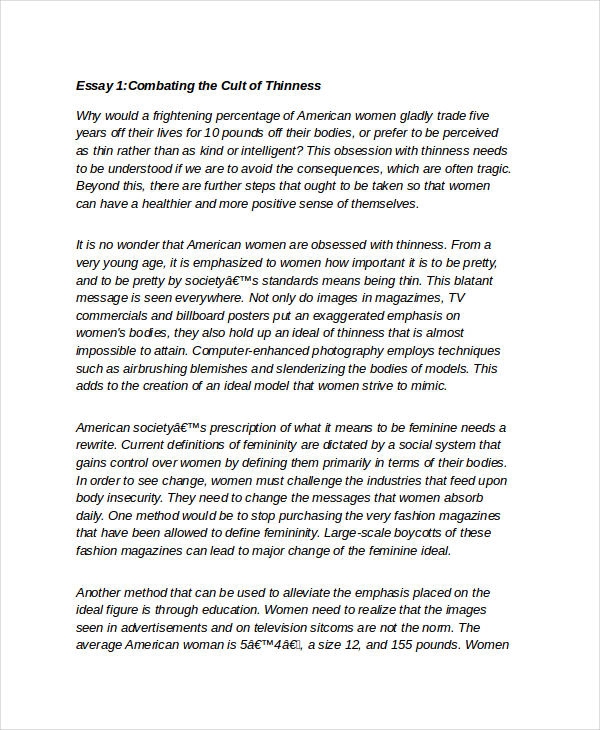When it comes to writing, there are certain compositions that stand out for their exceptional quality and style. These well-written pieces have the ability to captivate readers, convey important messages, and leave a lasting impact. In this article, we will explore some examples of well-written compositions that showcase the power of effective writing.
One example of a well-written composition is George Orwell’s “1984.” This dystopian novel paints a chilling picture of a totalitarian society where individual freedom is non-existent. Orwell’s use of vivid imagery, thought-provoking themes, and compelling characters makes “1984” a timeless classic that continues to resonate with readers today.
Another example of a well-written composition is Maya Angelou’s poem “Still I Rise.” This powerful poem celebrates the resilience and strength of the human spirit in the face of adversity. Angelou’s use of metaphor, rhythm, and repetition creates a sense of empowerment and defiance that inspires readers to persevere in the face of challenges.
One more example of a well-written composition is F. Scott Fitzgerald’s “The Great Gatsby.” This novel explores the decadence and disillusionment of the Jazz Age through the eyes of the enigmatic Jay Gatsby. Fitzgerald’s lyrical prose, intricate plot, and complex characters make “The Great Gatsby” a masterpiece of American literature that continues to captivate readers with its timeless themes of love, wealth, and the American Dream.
In conclusion, these examples of well-written compositions demonstrate the power of effective writing to engage, inspire, and provoke thought. Whether it’s a novel, poem, or essay, a well-written composition has the ability to leave a lasting impression on readers and evoke a range of emotions. By studying and appreciating these examples, writers can learn valuable lessons on how to craft their own compelling and impactful works of art.
